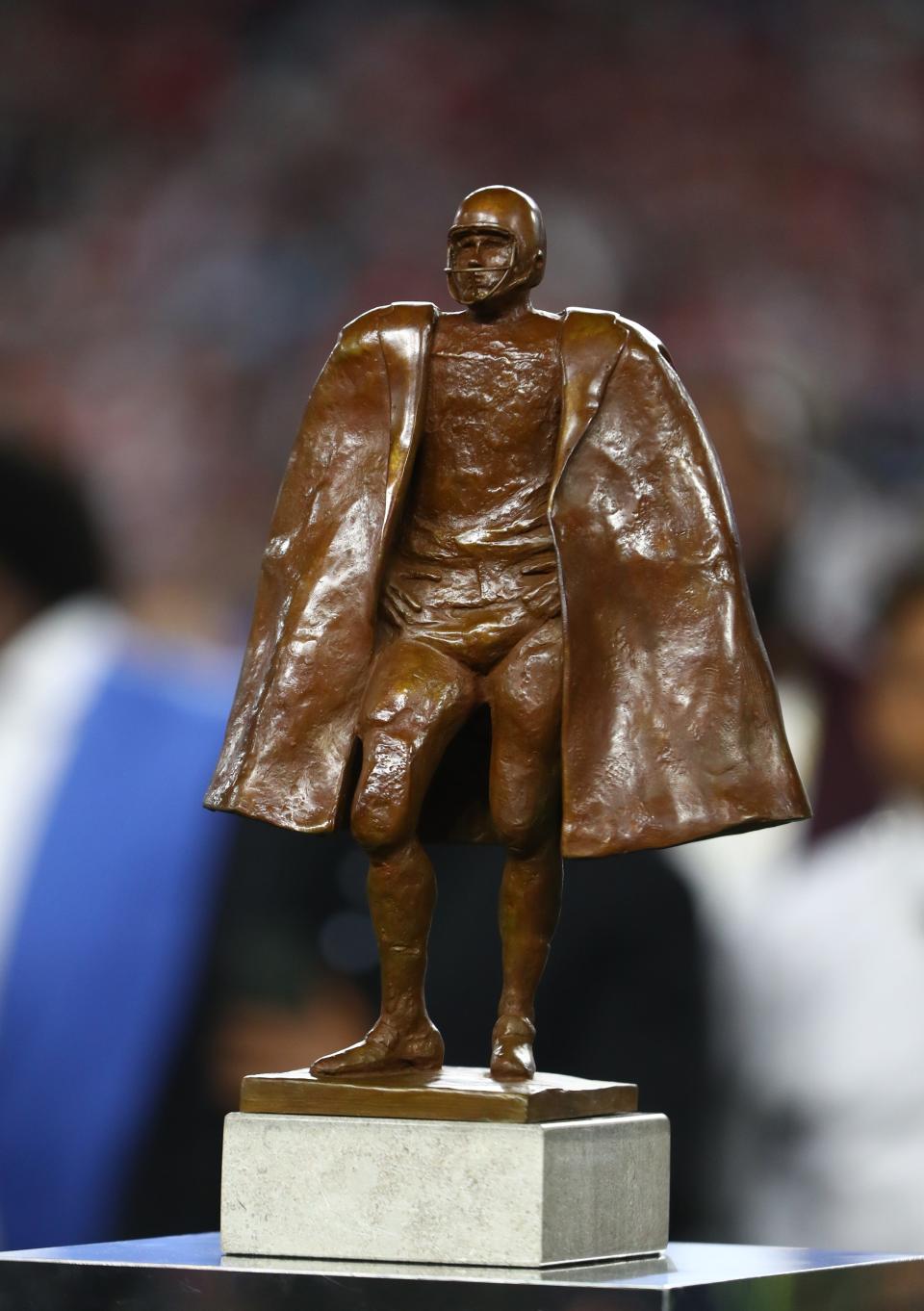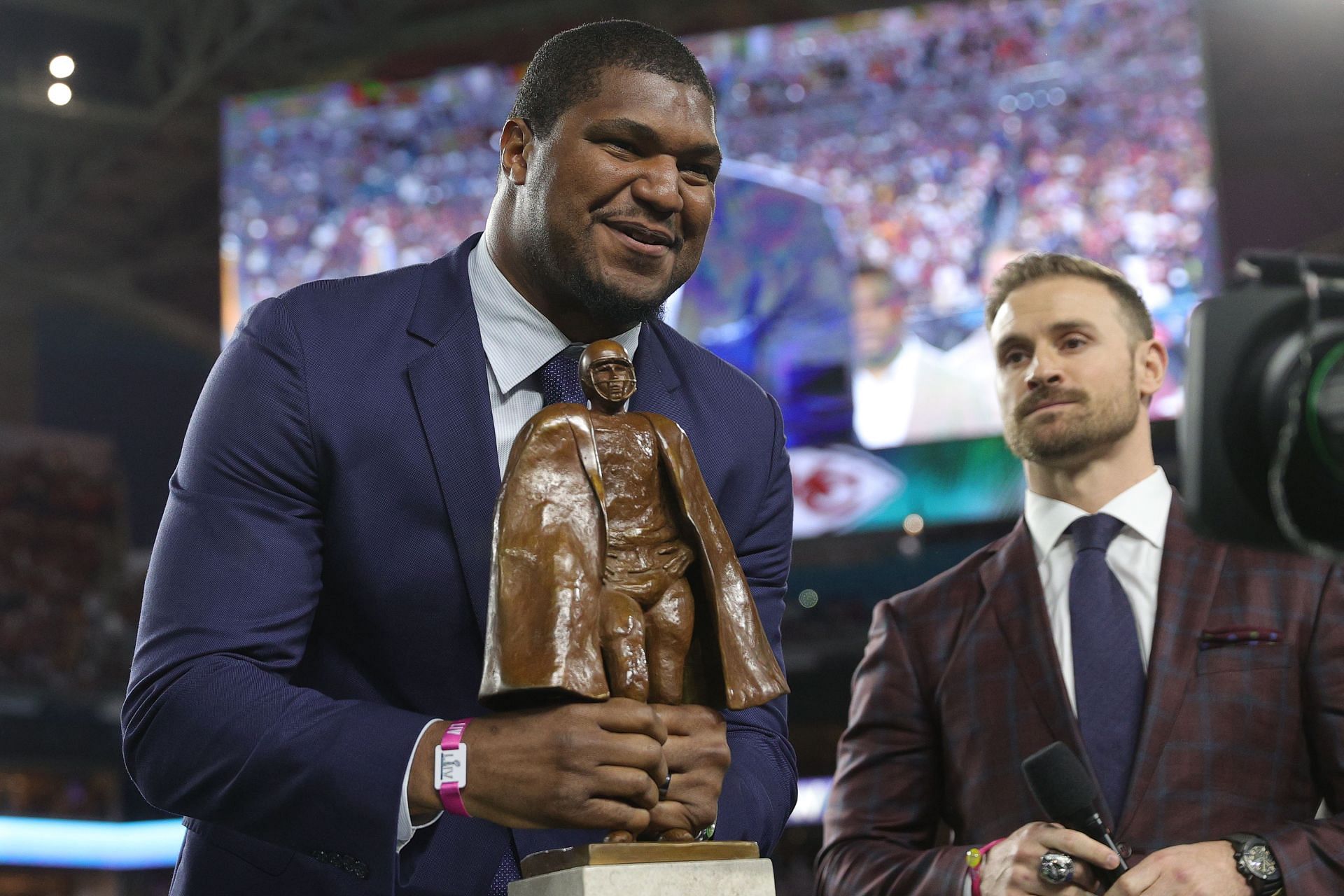
Walter Payton NFL Man of the Year Award: A Deeper Look into the Complexities
Introduction
The Walter Payton NFL Man of the Year Award is one of the most prestigious honors in the NFL, recognizing players who embody excellence on and off the field. With a history spanning over three decades, the award has celebrated outstanding individuals who have made significant contributions to their communities and beyond. However, beneath the surface of this seemingly straightforward award lies a multifaceted and complex landscape that warrants critical examination.
Criteria and Evaluation
The selection criteria for the Walter Payton NFL Man of the Year Award focus on four main areas: community service, character, inspiration, and excellence on the field. While these criteria provide a broad framework, the evaluation process is subjective, leaving room for interpretation and potential biases.
Perspectives and Interpretation
Player Profiles and Background
The backgrounds and experiences of different players can influence how they are perceived as candidates for the award. Some players come from underprivileged or challenging backgrounds, making their community involvement particularly commendable. Others may have faced personal adversity or overcome obstacles, which adds to their inspiring qualities.
Nature of Community Service
The award considers both the quantity and quality of community service. While some players may engage in numerous activities, others may focus on a few impactful initiatives. Evaluating the effectiveness and sustainability of community efforts can be challenging, as different interpretations exist.
On-Field Performance
Although the award prioritizes off-field contributions, on-field performance remains a factor in the selection process. This can lead to debates about whether players with outstanding statistics should be given precedence over those with equally impressive community involvement but less notable on-field achievements.
Data and Evidence
Examining historical data reveals trends and patterns in the award winners. For instance, certain positions, such as quarterbacks and linebackers, have been consistently represented among the awardees. Additionally, players from teams with strong winning records tend to have a higher likelihood of receiving the honor.
Real-Life Examples
J.J. Watt: A Record-Breaking Philanthropist
J.J. Watt, the 2017 Walter Payton NFL Man of the Year, is renowned for his exceptional on-field performance and unwavering commitment to community service. Through his foundation, Watt has raised millions of dollars for various causes, including disaster relief and youth empowerment.
Russell Wilson: Advocate for Social Justice
Russell Wilson, the 2020 Walter Payton NFL Man of the Year, has used his platform to raise awareness about social justice issues. He has been vocal in supporting organizations fighting racial inequality and promoting education for underprivileged communities.
Critical Analysis
Meritocracy versus Narrative
The Walter Payton NFL Man of the Year Award is often presented as a meritocracy, rewarding players who have achieved the highest level of excellence both on and off the field. However, the role of narratives and public perception in shaping the selection process cannot be ignored.
Intersectionality and Representation
The award has been criticized for its lack of diversity among winners, particularly in terms of race and gender. This raises questions about whether the criteria and evaluation process adequately reflect the diverse contributions of NFL players to their communities.
Broader Implications
The Walter Payton NFL Man of the Year Award serves as a powerful platform for promoting the importance of giving back to the community. By recognizing players who embody this spirit, the award inspires others to follow their example and make a positive impact on the world.
Conclusion
The Walter Payton NFL Man of the Year Award is a multifaceted and complex honor that celebrates the intersection of athletic excellence and community service. While the criteria provide a general framework, the evaluation process is subjective and influenced by a variety of factors, including player profiles, the nature of community service, on-field performance, and prevailing narratives. Critical analysis of the award reveals both its strengths and areas for improvement, highlighting the need for ongoing dialogue and reflection on how we recognize and celebrate the diverse contributions of NFL players both on and off the field.












